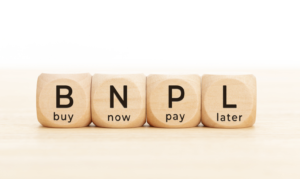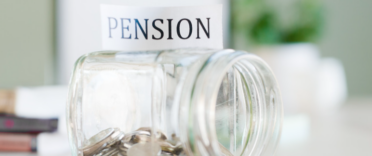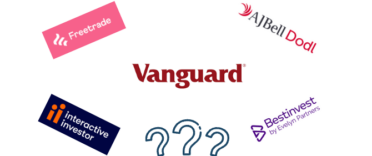 The National Institute of Economic and Social Research (NIESR) reported this week that an estimated 1.5 million UK households will soon be facing bills for energy and food that will exceed their disposable income. With inflation approaching double digits, households are experiencing a cost of living crisis with many families relying on credit just to get by. As the situation worsens, consumer groups have been speaking out, warning against the use of Buy Now Pay Later (BNPL) schemes to spread the cost of rising bills.
The National Institute of Economic and Social Research (NIESR) reported this week that an estimated 1.5 million UK households will soon be facing bills for energy and food that will exceed their disposable income. With inflation approaching double digits, households are experiencing a cost of living crisis with many families relying on credit just to get by. As the situation worsens, consumer groups have been speaking out, warning against the use of Buy Now Pay Later (BNPL) schemes to spread the cost of rising bills.
Why are Buy Now Pay Later schemes being criticised?
Buy Now Pay Later firm Zilch received criticism earlier this year following an ad campaign where users were encouraged to use its service to pay for groceries and takeaways. The service now allows users to pay for their energy bills in four instalments, spread out over six weeks. Zilch states that “Anyone who falls behind on repayments is immediately stopped from borrowing anymore and provided with contacts for independent debt advice charities.” The company also explained that it "has never charged a customer a late fee and never had to use a debt collection agency since inception.”
Buy Now Pay Later has become increasingly popular in recent years with Klarna - one of the UK's biggest BNPL providers - reporting an increase of 59% in customer transactions in 2021. It sees no sign of slowing down in 2022 with investment platform Hargreaves Lansdown reporting that almost one in ten people it surveyed had used a BNPL scheme to cover essentials.
Richard Lane, director of external affairs at debt charity StepChange recently told The Financial Times that "Using credit to pay for essentials is a big red flag for us as a debt charity. That indicates that someone is in problem debt, so it’s an especially worrying development to see Buy Now Pay Later services used to pay for energy bills".
How to get help with your finances
Part of the problem for many is that Buy Now Pay Later firms have made it so easy to apply for credit. The BNPL option is often the first option you see when buying online, meaning many people start racking up debt without much thought. Below, we provide some useful tools and resources that can help you take control of your finances.
Free financial review
Damien's Money MOT is a simple online tool that will give you a detailed breakdown of how your finances shape up. You'll just need to answer a few simple questions (no registration or paperwork required) and in around two minutes, you'll receive a Money MOT grade (from A to E). Additionally, you'll be provided with a detailed breakdown of the areas of your finances that you may need to tackle.
Complete our financial fitness challenge
Complete our 28-day financial fitness challenge. A four-week programme that you can complete at your own pace with access to numerous resources including articles, videos and podcasts. You'll start by creating a black book of your finances to help you identify areas in your finances that may need attention before moving on to other areas such as budgeting and building an emergency fund.
Get help with budgeting
A good way to start taking control of your finances is learning how to budget. Check out Lauren's video below where she provides a guide to budgeting for beginners. You may also want to check out our article on the best budgeting apps.
Alternatives to Buy Now Pay Later
If getting access to credit is your only option then there are a number of alternatives to using a Buy Now Pay Later scheme. These include using an interest-free credit card, getting a low-interest personal loan or perhaps using an overdraft. It is worth bearing in mind that these options may incur charges and so could end up costing you more. However, they will often allow you to spread the payments over a longer period which could make it a more cost-effective solution, especially if you are trying to reduce your overall debt or trying to make improvements to your current financial situation. We have provided a list of articles that you may find useful:
- Best credit cards in the UK
- The best low-cost borrowing options for you
- Which is the best type of loan for you
Getting help with debt
If you are struggling with problem debt and feel you need help then read our article 'Impact of debt on mental health and how to get help'. You can also visit the following debt charities that offer free debt and financial advice:
- MoneyHelper (formerly the Money Advice Service)
- StepChange
- National Debtline
- Turn2us
- Citizens Advice
- Payplan
- The money charity





